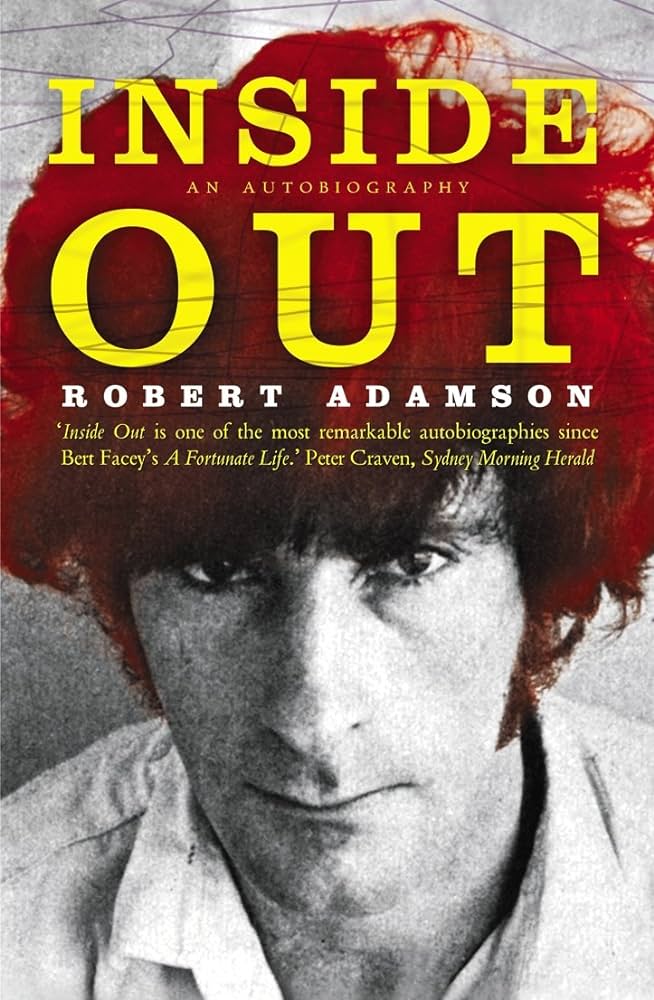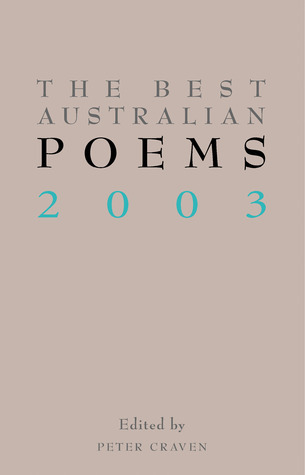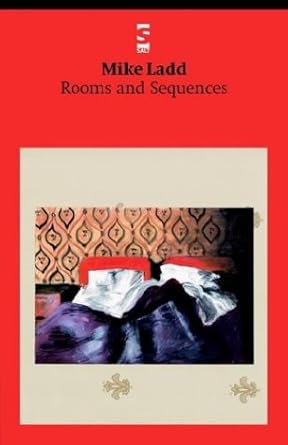Australian Poetry
He sang of old coins buried beneath the dunes,
to the north of the island, near the old artillery battery.
For forty years he rowed for mullet north, and south,
where the war epic motion picture was shot recently.
To the north of the island, near the old artillery battery
we played hide and seek as kids in acres of bladey-grass.
Where the war epic motion picture was shot recently
no one was allowed within a thousand metres.
The Best Australian Poems 2003 edited by Peter Craven & The Best Australian Poetry 2003 edited by Martin Duwell
The Indigo Book of Modern Australian Sonnets edited by Geoff Page
A day spent scratching civilisation’s sores –
Amnesty calls for Urgent Action;
a ministerial mouth, mean as a steel trap
closes another deluded seeker of asylum
behind barbed wire; civil liberties
are spooked by terror; girl children
trafficked to sexual servitude –
and I’m spent too. Not even that trusty spur,
the great-grandmother of my children
dead in another camp, another winter, another story,
can prick this chilled indifference to bleed –
although my mind’s rubbed raw, my heart
is dry as yesterday’s crusts.
... (read more)By the filling station on La Cienega a burger joint
somehow survives. This Sunday morning
a pink Thunderbird sags at the kerb,
and an old Studebaker, paint flaking.
... (read more)Bowed from the supermarket, a week’s rations
jumbling the plastic, I saw in shadow
my dead father. He crept the pavement, burdened
as I am not by a lost country.
... (read more)




